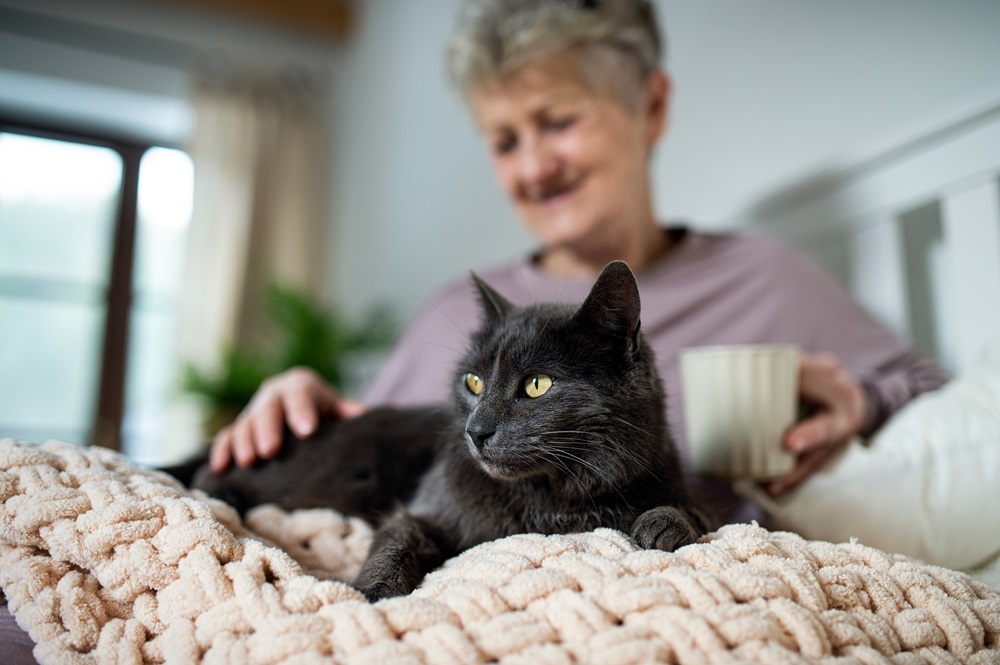NEW YORK, Nov 17 ― Aging well is more important than ever in today's society, as life expectancy continues to rise. A recent study, published in the journal Scientific Reports, explores an interesting avenue for combating cognitive decline in the elderly, involving pets.
Several scientific studies have shown that having a pet can keep older people physically fit, but little research has focused on the impact of dogs, cats and other pets on cognitive decline.
As we age, memory and brain capacity tend to decline. For some, this decline accelerates over time, but it's not a universal rule. In fact, some individuals maintain robust cognitive abilities even in old age.
A team of US researchers, led by Erika Friedmann, set out to determine whether pets, and particularly dogs and cats, could help seniors age better.
They drew on data from the Baltimore Longitudinal Study of Aging, initiated in 1958. This enabled the scientists to analyse the results of a series of cognitive tests carried out at regular intervals on 637 participants, aged 50 and over. Among them, 185 volunteers had cats or dogs.
The scientists' methodology revealed that cognitive decline was slower among pet owners. This was true even after taking into account the age of the study participants and their state of health. The researchers also found that dog owners who frequently walked their pooches saw their cognitive performance decline even more slowly than others.
Owning a dog could be particularly beneficial
This discovery underlines just how beneficial walking your dog can be for your health. Previous studies have shown that dog-walking not only enables owners to engage in regular physical activity, but also reduces social isolation, thus promoting psychological well-being.
For Erika Friedmann and colleagues, all these findings support the potential health benefits of our four-legged friends. “The current study provides important longitudinal evidence for the contribution of pet ownership to the maintenance of cognitive function in generally healthy community-residing older adults as they age. Older adult pet owners experienced less decline in cognitive function as they aged, after considering both their pre-existing health and age. Memory, executive function, language function, psychomotor speed, and processing speed deteriorated less over ten years among pet owners than among non-owners and among dog owners than non-owners,” the researchers write in their paper.
While these findings represent a significant contribution to scientific understanding of the factors associated with cognitive decline, they must be qualified. The study does not allow conclusions to be drawn from cause and effect, and the population studied comprised individuals with a higher socio-economic status and above-average cognitive abilities for their age.
But this does not detract from the fact that the benefits of animals on human mental and physical health are manifold. Policy-makers could draw inspiration from this to include pets more comprehensively in the care of older people. ― ETX Studio






















